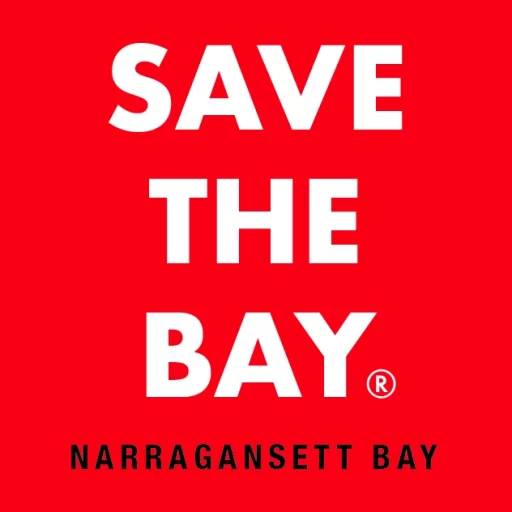Plastic Particles vs Cigarette Butts
For the first time in the history of ICC in RI, cigarette butts were NOT the number one item picked up in 2023
by July Lewis, Volunteer & Internship Manager
What trash item has pulled ahead of the pack? Plastic/foam pieces – those unidentifiable, pulverized bits of plastic you see in every wrack line. This may not seem like big news, but it represents a sea change in the plastics debris problem for Narragansett Bay and beyond.
A little background: The International Coastal Cleanup is a project, organized by the Ocean Conservancy, in which volunteers all over the world pick up trash on their shores and record what they find. The data is published in an annual report that is a key resource for advocates working to reduce marine debris. Save The Bay is the state coordinator for ICC in Rhode Island. When this project started over 35 years ago, the focus was on recording the most common types of identifiable trash so that we could get a picture of what was littering our shores and where it was coming from. And in terms of the number of items picked up, cigarette butts were always at the top of the list. Save The Bay and other advocates used this statistic to draw attention to the fact that cigarette butts are litter, they pollute the Bay, and that people should dispose of their butts responsibly if they smoke. Data from the ICC report was used to support actions such as banning smoking on RI State beaches and some town beaches as well.
Even though cigarette butts were such a prevalent item, another item was becoming increasingly noticeable: pieces of plastic. It’s worth noting that plastics are relatively new to the shores of Narragansett Bay. Notes from Save The Bay’s litter cleanups in the early seventies barely mention it. Over 50 years later, plastic is everywhere. Environmentalists have long known that plastics don’t really go away; they just break down into smaller and smaller pieces, eventually becoming microplastics that contaminate our water. To track this, in 2013, the Ocean Conservancy added the “tiny trash” category to the ICC data card so that volunteers could record the bits of foam and plastic they were picking up. See the graph below to see how many of each we have been picking up since 2013, and to see that in 2023, those plastic bits surpassed cigarette butts for the first time ever. (21,165 cigarette butts vs. 23,468 plastic/foam pieces)

Some of this is good news – smoking rates have slowly decreased over time.* However, plastic use has significantly increased over the same period.** Years of cups, bottles, lids, straws, and other items washing into the Bay and breaking apart over time have led to an accumulation of plastic in Narragansett Bay and the ocean beyond. It can be seen on every beach and in every wrack line – and there’s more of it every year. Storms make this all the more noticeable. Rain washes litter off of streets and into storm drains which empty into rivers and the Bay. Winds push the litter ashore in a plastic-filled wrack line that is nearly impossible to clean up. The plastic pieces picked up during the ICC are only a fraction of what’s actually out there. Indeed, volunteers are less likely to pick them up because it seems so impossible to make a difference.

So what to do? There are plenty of individual actions you can take to turn the tide on plastic pollution. The first defense, of course, is to not litter! Next, sign up for a shoreline cleanup, or download the Clean Swell App and do your own cleanup at your favorite shoreline spot. Finally, spread the word and inspire your community! One of the most important actions you can take is to support improved plastic management policies and increase producer responsibility for plastics. Plastics are everywhere and there’s no one sweeping law or policy that will fix the plastic pollution problem, so we need to pay attention to local bills that are a part of the solution, such as bills on plastic bag usage or a bottle deposit bill. Visit www.savebay.org/issues to learn more about how Save The Bay is working locally to reduce the flow of plastics into our Bay, and sign up for alerts on this and other Bay issues at savebay.org/advocacy so that you can be ready to take action when these policies are proposed locally!
*In 2012 17.4% adults smoked in RI, and in 2021, 12.4% smoked. health.ri.gov/data/tobacco/smoking
** In 2012, 76.7 million metric tons of plastic were used in the United States, and in 2019, 84.3 million metric tons were used. statista.com/statistics/1339458/us-plastics-use Globally, 338 million metric tons were produced in 2012 and 460 million metric tons in 2019. ourworldindata.org/plastic-pollution

